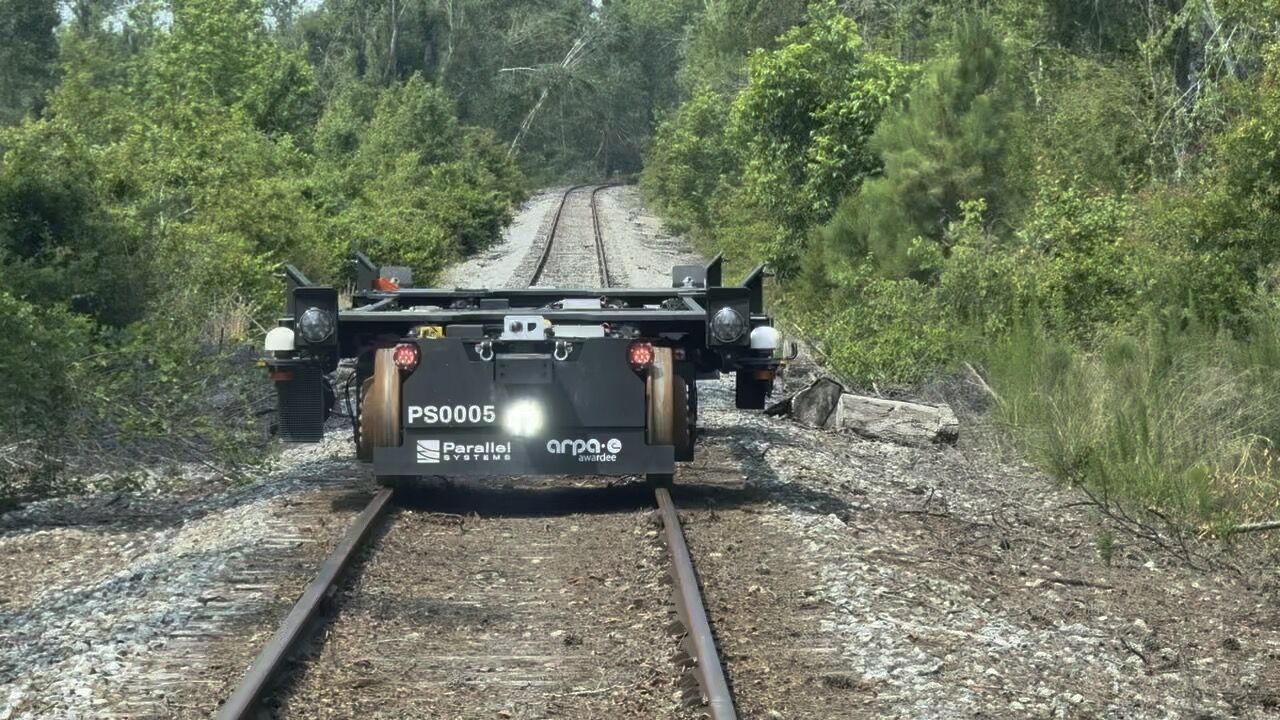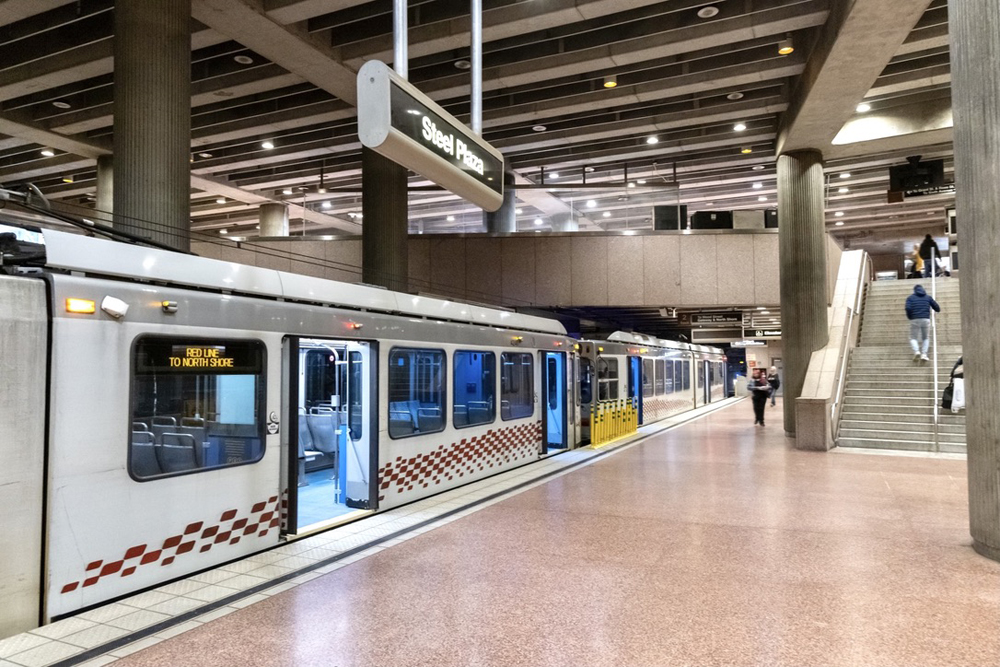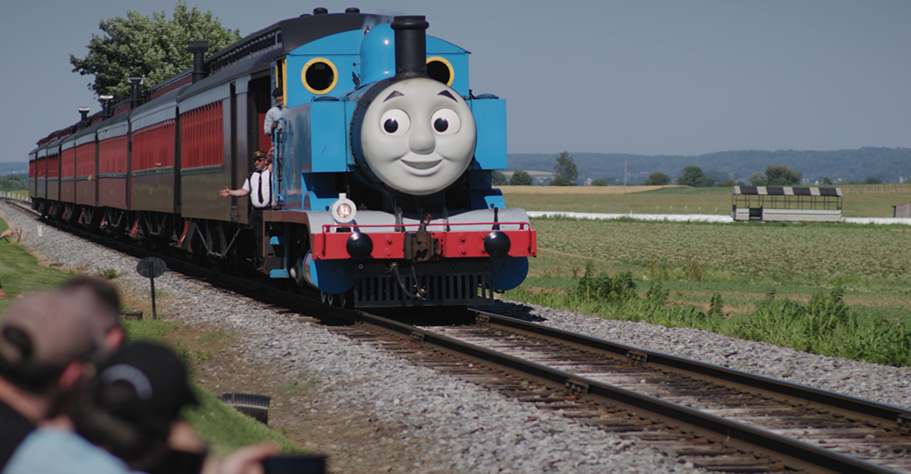While the details of the deal were not available, conductors, train persons and yard workers were expected to begin reporting for duty at 2 p.m. local time today and regular yard assignments will begin normal operations at 6 a.m. Wednesday.
“I am pleased to announce that we’ve reached a tentative agreement with CN. I would like to thank our members for their incredible courage and solidarity,” says Teamsters Canada President François Laporte. “I would also like to thank all the Teamster local unions from across different industries, all the labour organizations and members of the public who supported us on the picket line.”
“We want to thank our customers for their patience and support and assure them that CN is preparing to resume full rail operations as soon as possible,” says CN President and CEO JJ Ruest. “I would also like to personally thank our employees who kept the railroad moving safely at a reduced capacity. CN and its people are committed to moving the North American economy by providing freight service that enables economic growth.”
The agreement will be ratified by union members over the next several months.
The strike lasted for seven days and was beginning to take a major toll on the Canadian economy. Companies dependent on rail service began laying off employees across the country, including at Canada’s largest potash mine in Saskatchewan.
Meanwhile, in Quebec, farmers angry about a propane shortage drove tractors to Prime Minister Justin Trudeau’s riding office to try and convince the government to enact back-to-work legislation. Political pressure had been mounting on Trudeau to end the strike, but the Liberal government vowed to let the union and the railroad handle it.
“Previous governments routinely violated workers’ right to strike when it came to the rail industry. This government remained calm and focused on helping parties reach an agreement, and it worked,” Laporte says.















Unfortunately, in PA all the public unions but police & fire have the right to strike under an amendment in the PA Constitution. Teachers strikes are the most common but there are occasionally others. PA is also among the states with the higher unfunded teacher and governmental pension plans and they both are among the most generous in the USA. There is a direct correlation between all of this and the right to strike.
Nothing has ever been done about it because these teacher and government unions are the most powerful political force in the state. The AFL-CIO really only has its power because of them– although the independent giant teacher’s union [PSEA of the NEA] is probably equal in power.
For example, we still have only State owned & run stores to sell hard liquor because there is a separate government union of about 4,000 working in the stores who have kept it that way. Last I heard some years ago those State liquor employees were making over $50,000 for stocking the shelves, ringing the cash register, and putting the bottles into paper bags. Add in full and extensive benefits plus one of the most generous government pension plans in the USA.
Nothing is going to change as long as Philadelphia basically determines state-wide elections.
Thanks GERALD – We agree on something. Actually, not the first time and I hope not the last time. I always appreciate your posts whether you agree with me or not. Tomorrow is my favorite holiday and I wish you and yours the very best.
Chris Thompson–You forget that unionized Government employees do NOT have the right to strike, it’s against the law…and the same law should be applied to other necessary functions, such as those that move our economy, railroads, airlines and trucking(I’ll get a lot of hate for this but to bad), or any of the others mentioned by Charles below(amazing we agree on something), and I would throw in there any industry that is working on a government contract(i.e. especially when it pertains to infrastructure).
CHRIS THOMPSON – You say all employees have a right to strike. Yes they do under US law (and apparently in Canada). They should NOT have this right where the business is a monopoly where the customers are dependent with very limited choice or no choice: government, railroads, airlines, public utilities. Against such an organization, a strike is a concerted action in violation of anti-trust. This is legal for unions but illegal (as it should be) for employers.
Example: When UAW employees at GM went on strike, customers had the choice of Toyota, Ford, Honda and many others. In contrast, when Teamsters went on strike against CNR, customers and the company were coerced into agreement. Or imagine if your local electric utility were to go out on strike and you are sitting in the dark and freezing in mid-winter with the pipes in your house bursting. Or imagine if your local fire and rescue went on strike. Would you then say all employees have a right to strike? Don’t think so.
Lacking the collective right to strike employees have the right to individually negotiate or to quit. Not much of a hook? Well, sorry, that’s life. When it comes down to it, like it or not, labor is a commodity and workers are paid what they are worth in wages and benefits. Not much in a fast food restaurant, more for fire and rescue, more for railroad T+E, more for railroad signal maintainers, etc. Inconvenient? Unpleasant? Yes, but that’s life.
Kept the Government out of it and it worked out fine. All union employees should have the right to strike.
I didn’t think I would ever say that, but staying out of the way was a good move by the Trudeau government. Andrew Scheer and other conservative croonies, take notes: proposing a back-to-work emergency legislation early-on was a poor move.